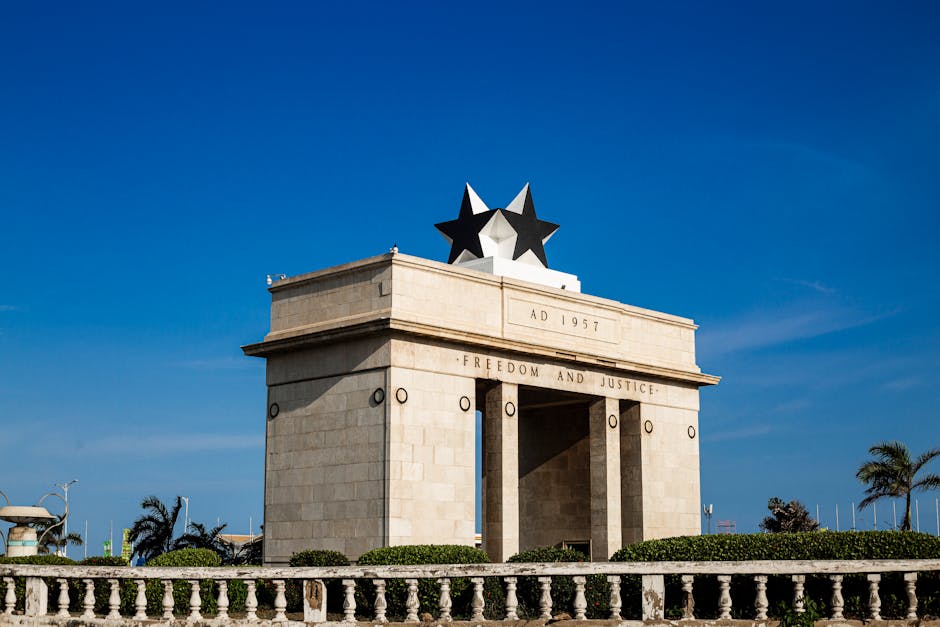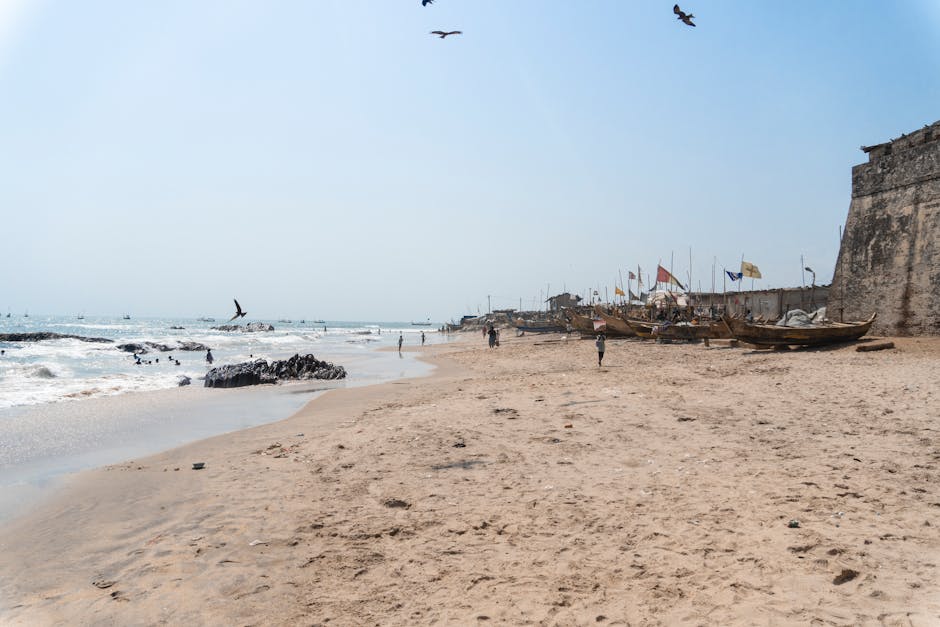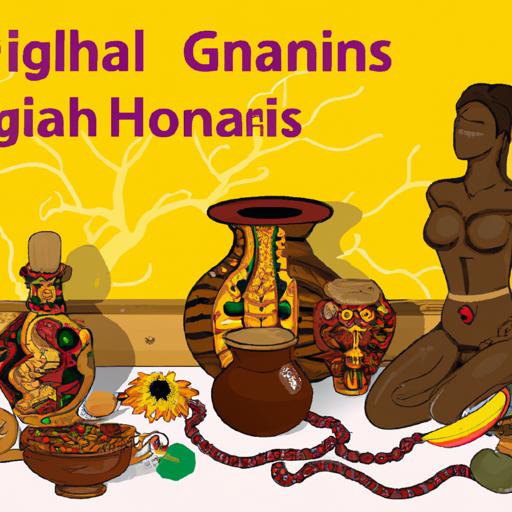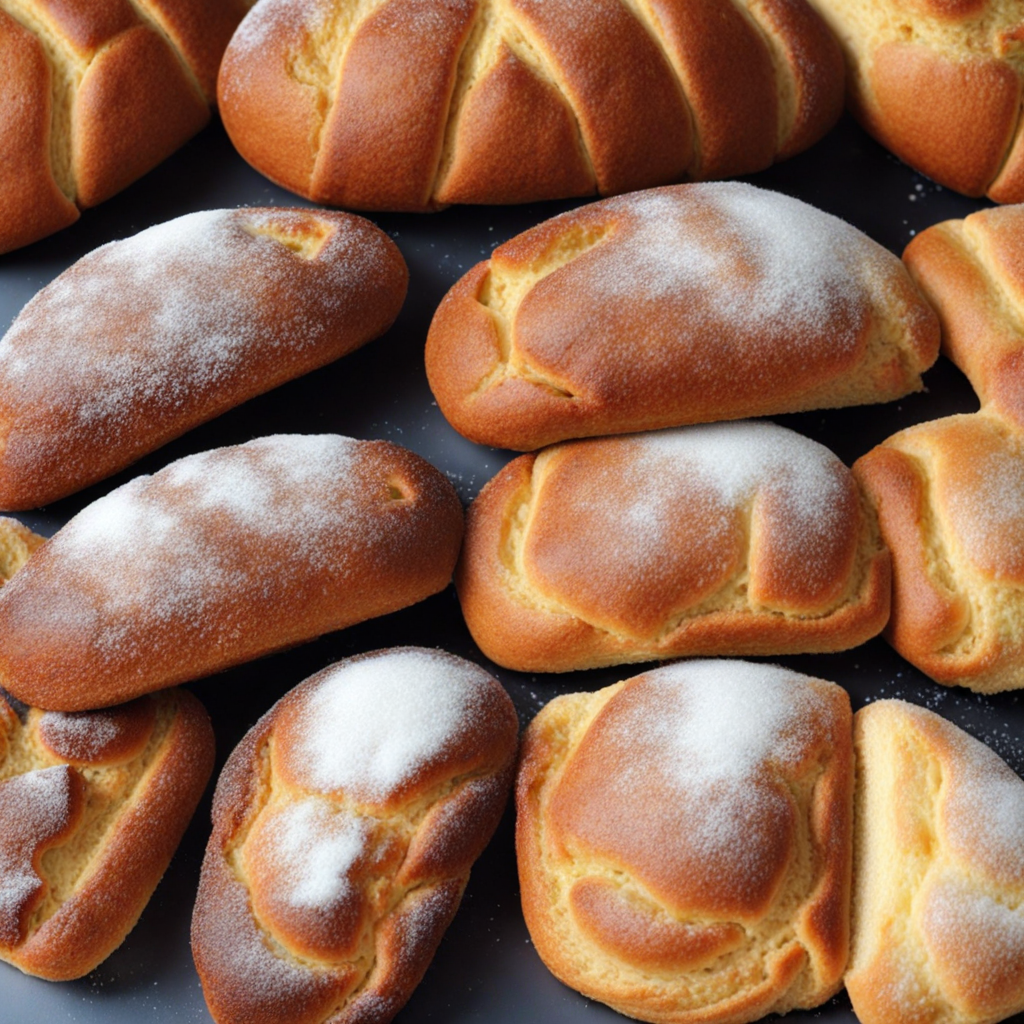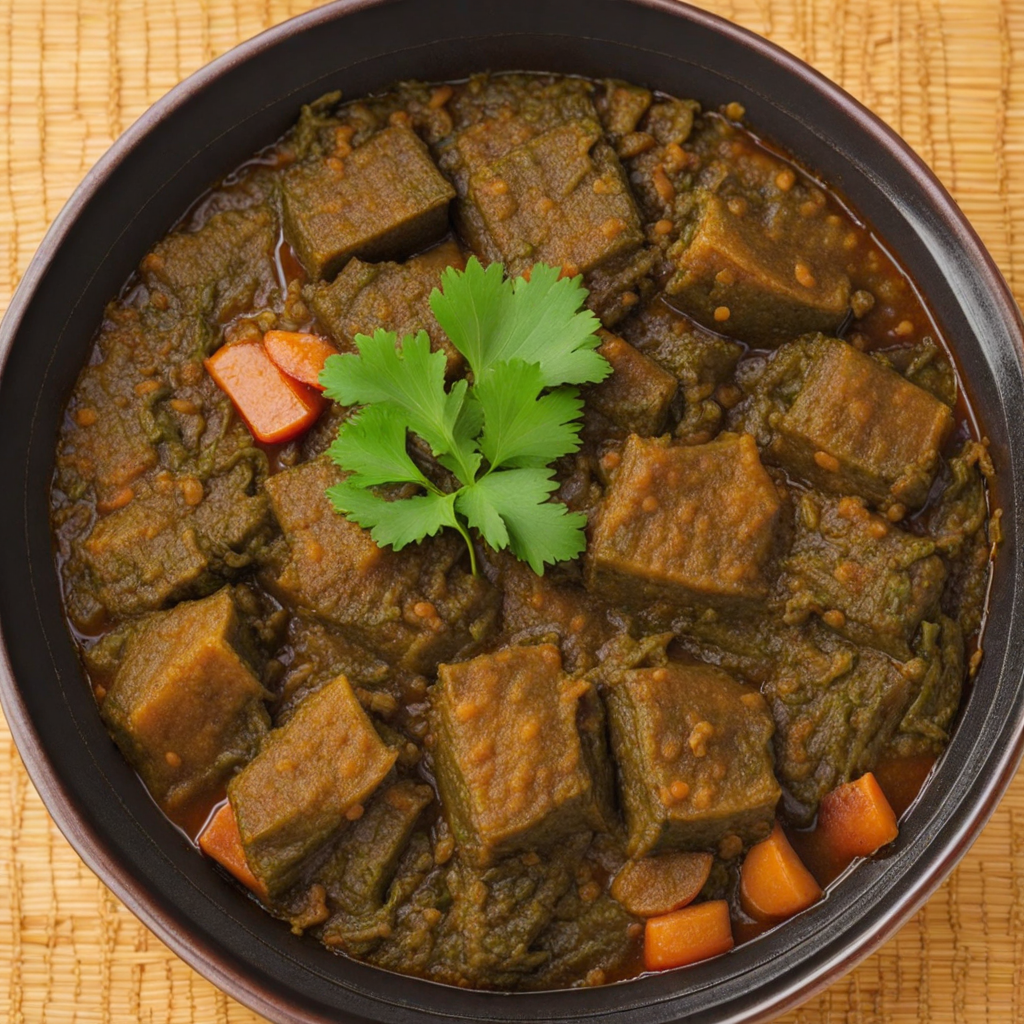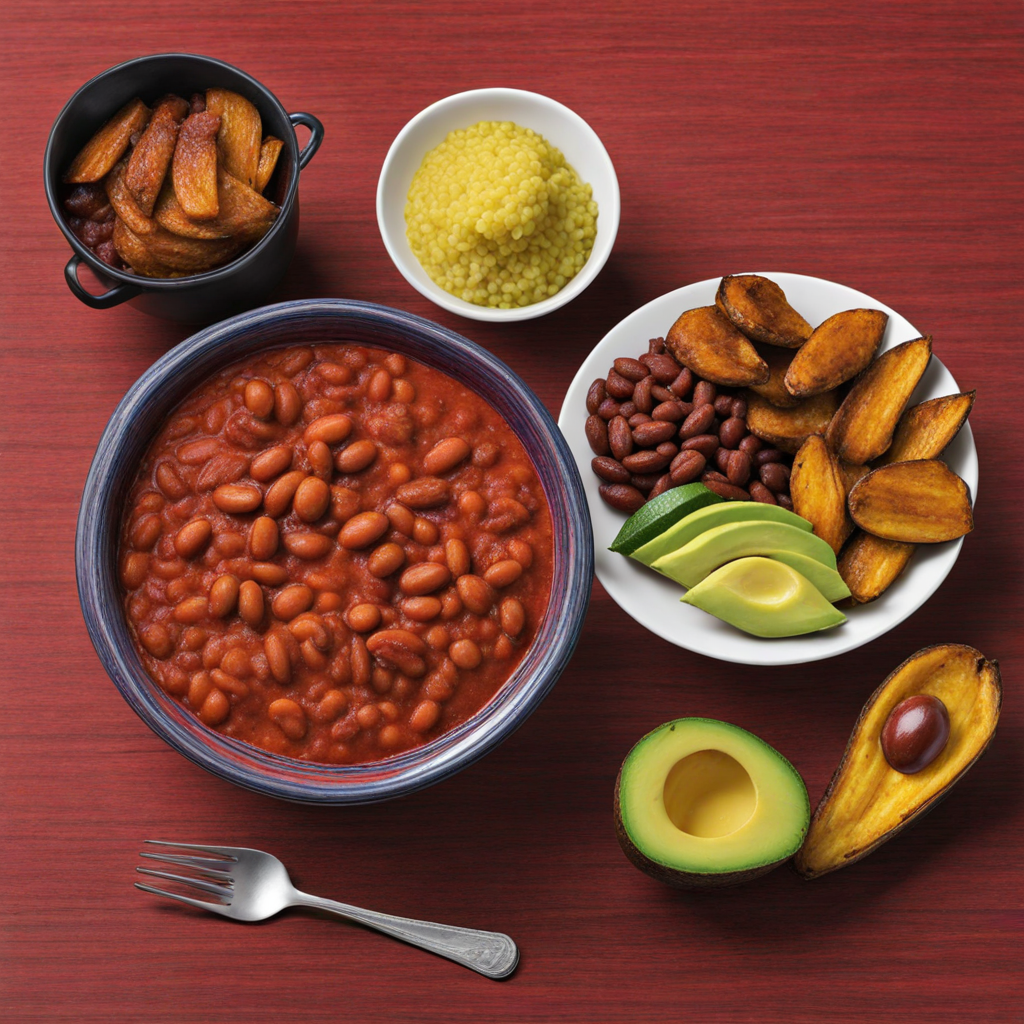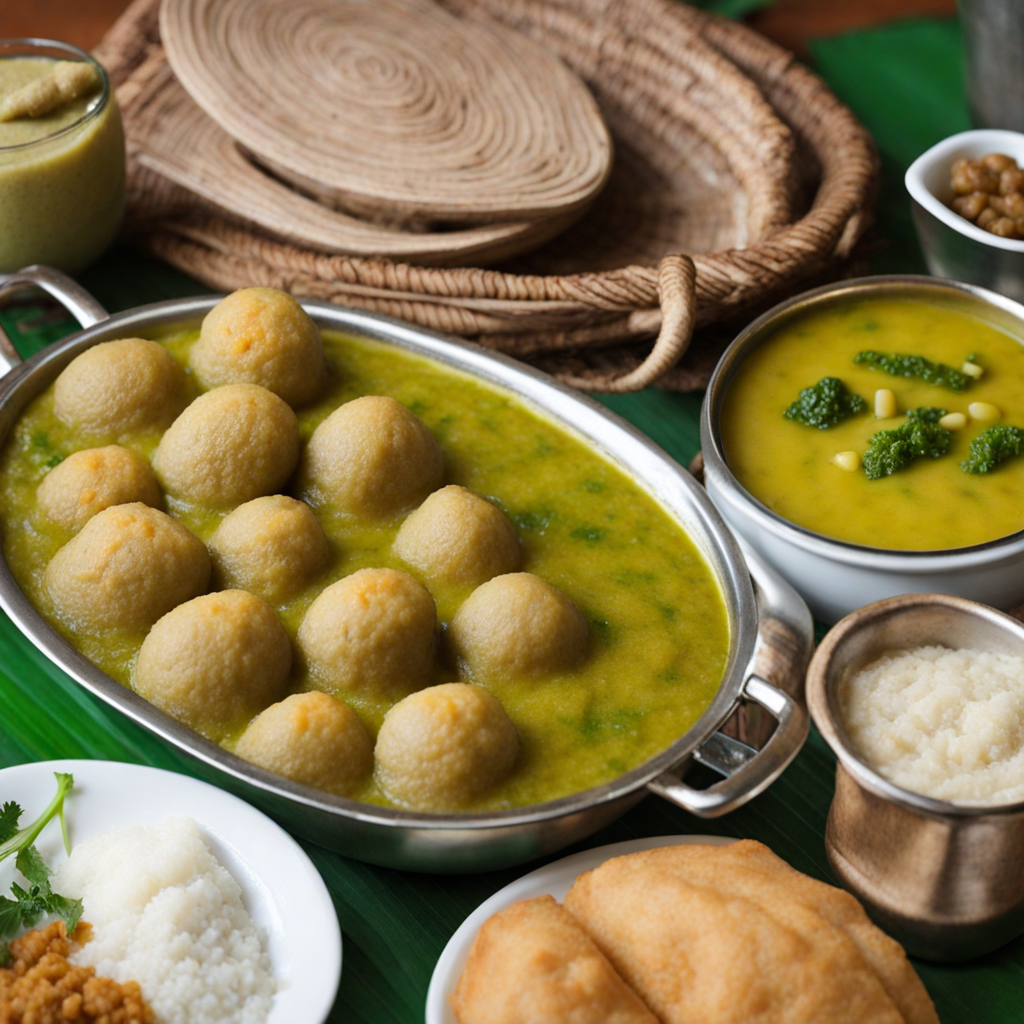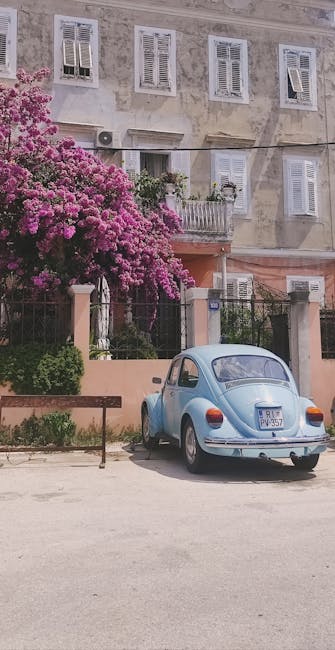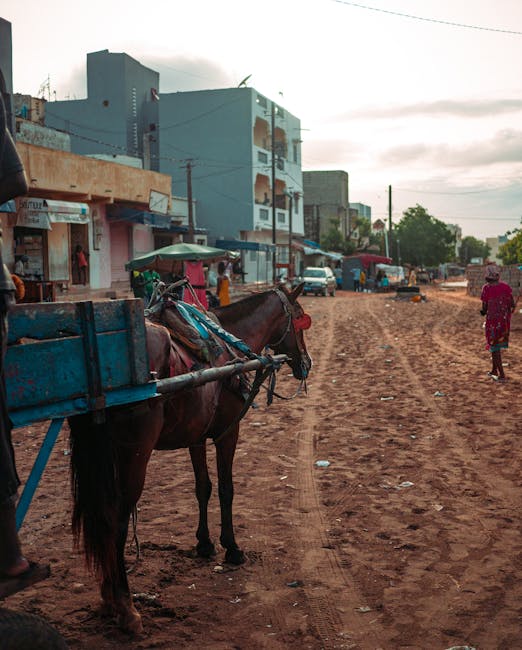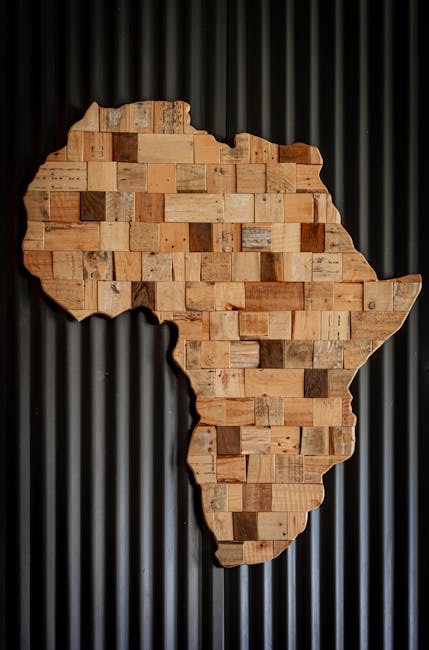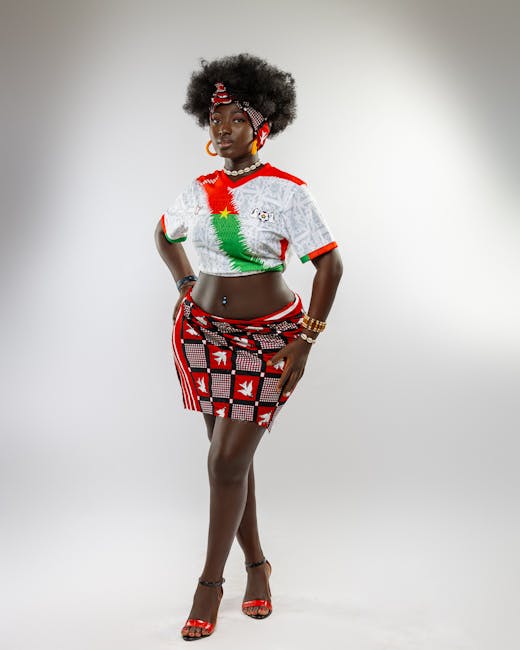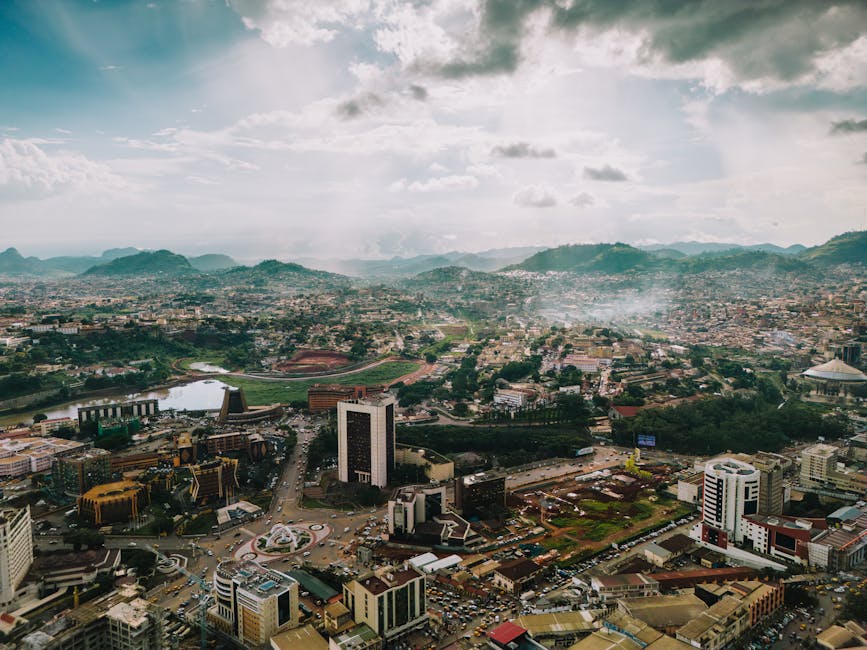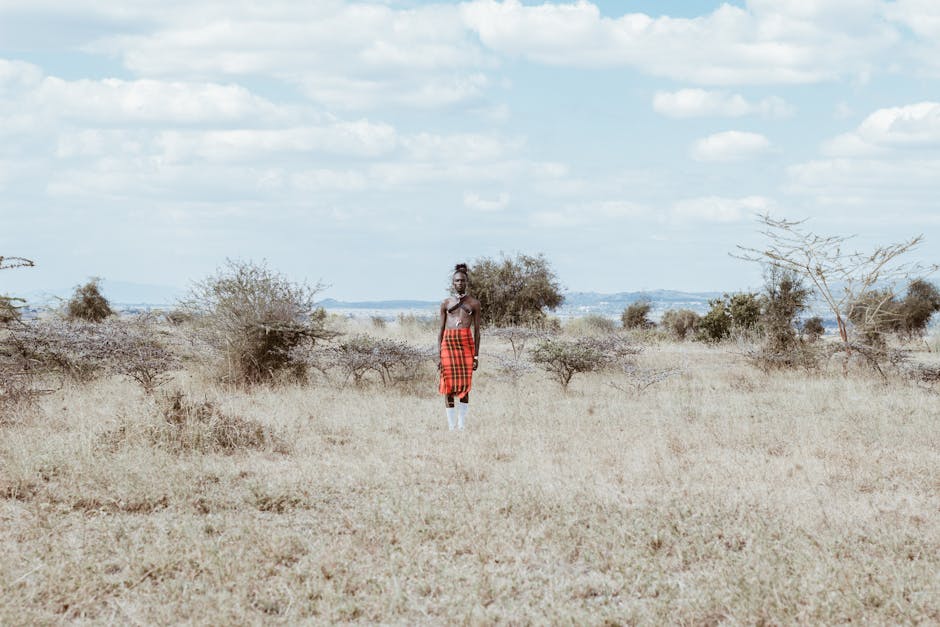Ghana
Overview
Ghana, located on the West Coast of Africa, is a vibrant country known for its rich history, diverse culture, and warm hospitality. Characterized by a multitude of ethnic communities, each with their unique traditions and festivals, Ghana offers a fascinating cultural experience to its visitors. From the poignant remnants of the Atlantic slave trade at the Elmina Castle and Cape Coast Castle to the stunning landscapes of Kakum National Park and Lake Bosumtwi, the uniqueness of Ghana lies in its ability to combine history, nature, and culture harmoniously.
The high season for tourism in Ghana is during the dry season, which runs from November to April. During this period, the weather is generally warm with less humidity, making it an ideal time to explore the country. Popular activities during this time include wildlife viewing at Mole National Park, hiking up Mount Afadjato, exploring the bustling markets of Kumasi, and experiencing the lively festivals such as the Akwasidae Festival. Beach lovers should not miss the opportunity to visit the stunning beaches like Labadi and Kokrobite, which are especially lively during the Christmas period.
Preparing for a trip to Ghana requires some planning. It's essential to make sure that your vaccinations, especially for Yellow Fever, are up-to-date as it's a requirement for entry into the country. Malaria prophylaxis is also recommended. Visa requirements should be checked and sorted prior to travel. Pack light, breathable clothes for the tropical climate, but also include a light jacket for cooler evenings. Remember to pack a good insect repellent, sunscreen, and a sturdy pair of walking shoes for exploring. Lastly, although English is widely spoken, learning a few local phrases can help enrich your interactions with the locals.
A Glimpse into the Past
Ghana, located along the Gulf of Guinea and the Atlantic Ocean, is a country rich in history and culture. It is often referred to as the first African country to gain independence from colonial rule in 1957, which has positioned it as a significant symbol of freedom and unity on the continent. Ghana's history is intricately tied to its diverse ethnic groups, colonial experiences, and the transatlantic slave trade.
The history of Ghana can be traced back to the ancient kingdoms of the Ghana Empire, which thrived from the 6th to the 13th century. Although the empire was centered in what is now southeastern Mauritania and western Mali, it laid the groundwork for trade networks that would later influence the regions around the modern state of Ghana. The empire was known for its wealth, primarily from gold, and its strategic position in the Saharan trade routes.
As the Ghana Empire declined, new kingdoms emerged, notably the Mali Empire and later the Songhai Empire. By the late 15th century, the area now known as Ghana was home to several powerful states, including the Akan Kingdoms and the Ashanti Empire. The Ashanti, in particular, became a dominant force in West Africa, renowned for their sophisticated governance and military prowess. Visitors can explore the impressive Manhyia Palace Museum in Kumasi, which showcases Ashanti history and culture.
The arrival of European traders in the 15th century marked a significant turning point in Ghana's history. The Portuguese were the first to arrive, followed by the Dutch, Danes, and British. They established trading posts along the coast, with Elmina Castle being the most notable. Built by the Portuguese in 1482, Elmina is the oldest European structure in sub-Saharan Africa and was a key site in the transatlantic slave trade. Today, it serves as a UNESCO World Heritage Site where visitors can learn about the harsh realities of the slave trade and its impact on Ghanaian society.
The British began to exert control over the Gold Coast (the colonial name for Ghana) in the late 19th century, leading to a series of conflicts known as the Anglo-Ashanti Wars. The Ashanti resisted British colonial rule fiercely but were ultimately defeated, and the Gold Coast became a British colony. This period saw significant changes in the social, economic, and political landscape of Ghana, including the introduction of cash crops like cocoa, which became a major export.
Ghana's quest for independence gained momentum in the early 20th century. The rise of nationalist movements, led by figures such as Kwame Nkrumah, galvanized the population. Nkrumah, a charismatic leader, founded the Convention People's Party (CPP) and mobilized support for independence through mass campaigns. His efforts culminated in Ghana becoming the first sub-Saharan African country to gain independence on March 6, 1957. Independence Day is celebrated with great fervor, and visitors can partake in the festivities that highlight Ghana's rich heritage.
After independence, Ghana underwent significant political changes. Nkrumah became the first Prime Minister and later the President, promoting policies of pan-Africanism and socialism. However, his government faced challenges, including economic difficulties and political instability. In 1966, Nkrumah was overthrown in a coup d'état, leading to a series of military and civilian governments that struggled with governance issues.
The political landscape began to stabilize in the late 20th century, particularly following the return to democratic rule in 1992 under President Jerry John Rawlings. Ghana has since become known for its relatively stable democracy and has held several peaceful elections. The nation’s political history can be explored at the Kwame Nkrumah Mausoleum in Accra, where the first president is interred, surrounded by beautiful gardens and monuments commemorating his legacy.
Ghana's rich cultural heritage is another draw for travelers. The country is home to over 100 ethnic groups, each with distinct languages, traditions, and customs. While English is the official language, many Ghanaians speak local dialects such as Twi, Ewe, and Ga. The vibrant cultures are evident in the colorful festivals celebrated throughout the year, including the Homowo Festival in Accra, which celebrates the harvest and is marked by traditional drumming, dancing, and feasting.
The arts scene in Ghana is thriving, with a focus on music, dance, and visual arts. The Kumasi Cultural Centre is a popular destination for visitors interested in learning about traditional crafts, including kente weaving and wood carving. Additionally, the rhythmic sounds of highlife and hiplife music, which combine traditional Ghanaian rhythms with modern influences, can be experienced in local bars and nightclubs.
For those looking to explore Ghana's natural beauty, the country boasts a variety of landscapes, from coastal beaches to lush rainforests. Kakum National Park, located near Cape Coast, is a must-visit for adventure seekers. The park features a canopy walkway that offers breathtaking views of the rainforest and opportunities for birdwatching and wildlife spotting.
The coastline of Ghana is dotted with beautiful beaches, such as Labadi Beach in Accra and Busua Beach in the Western Region, where visitors can relax, swim, and enjoy water sports. The coast is also home to historical forts and castles, including Cape Coast Castle, which played a significant role in the slave trade and is now a poignant reminder of the past.
In conclusion, Ghana is a country that offers a unique blend of history, culture, and natural beauty. From its ancient kingdoms and colonial past to its modern democratic society, Ghana's story is one of resilience and hope. Engaging with its rich heritage through museums, festivals, and local interactions provides travelers with an enriching experience that reflects the spirit of this West African nation. Whether exploring the bustling streets of Accra, the historical sites along the coast, or the vibrant cultural scenes, visitors will find that Ghana is a destination filled with warmth, hospitality, and a profound sense of identity.
Top cities for tourists in Ghana
Discover the Famous Cities That Might Captivate Your Interests
Must-Try Foods You Can't Afford to Miss
Indulge in a Variety of Fantastic Foods During Your Stay in Ghana
May Be Your Next Destinations
People often choose these countries as their next destination


